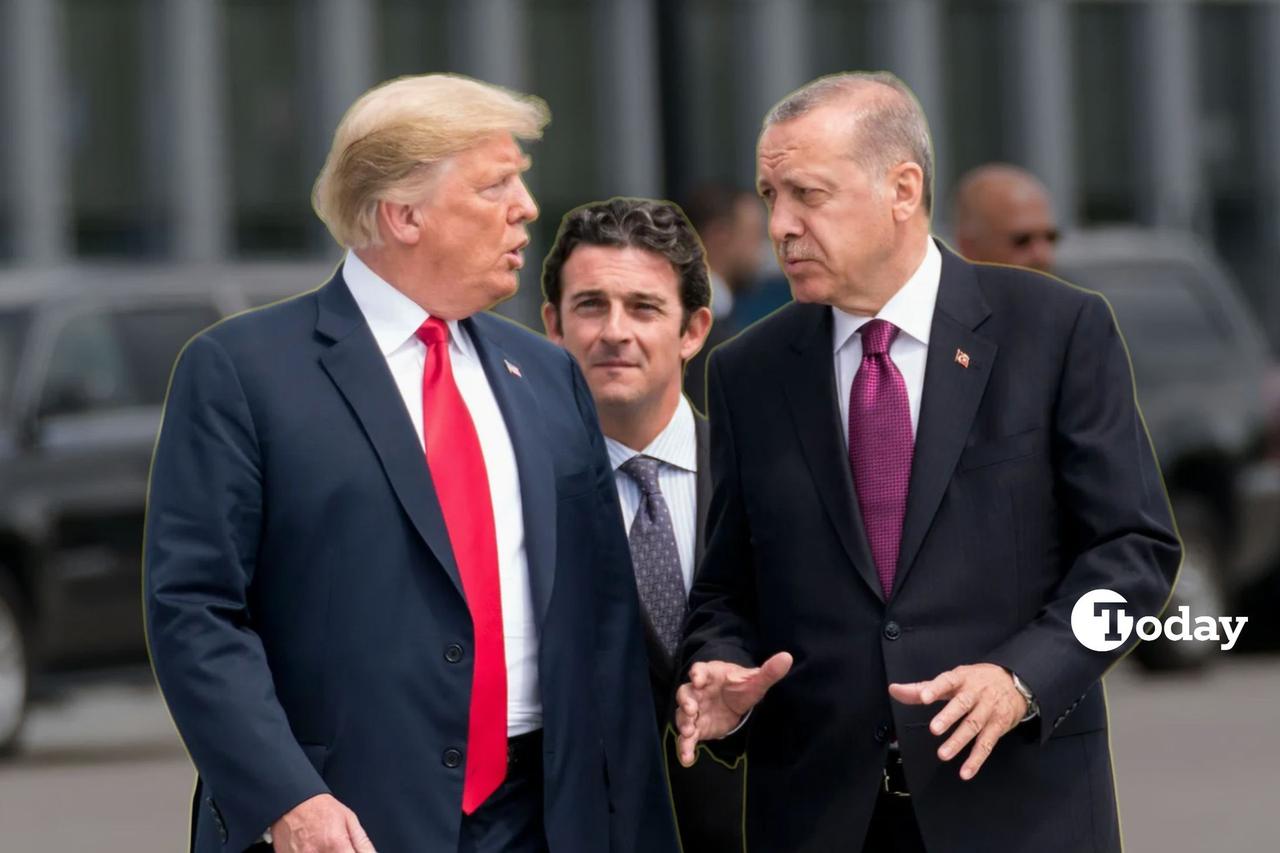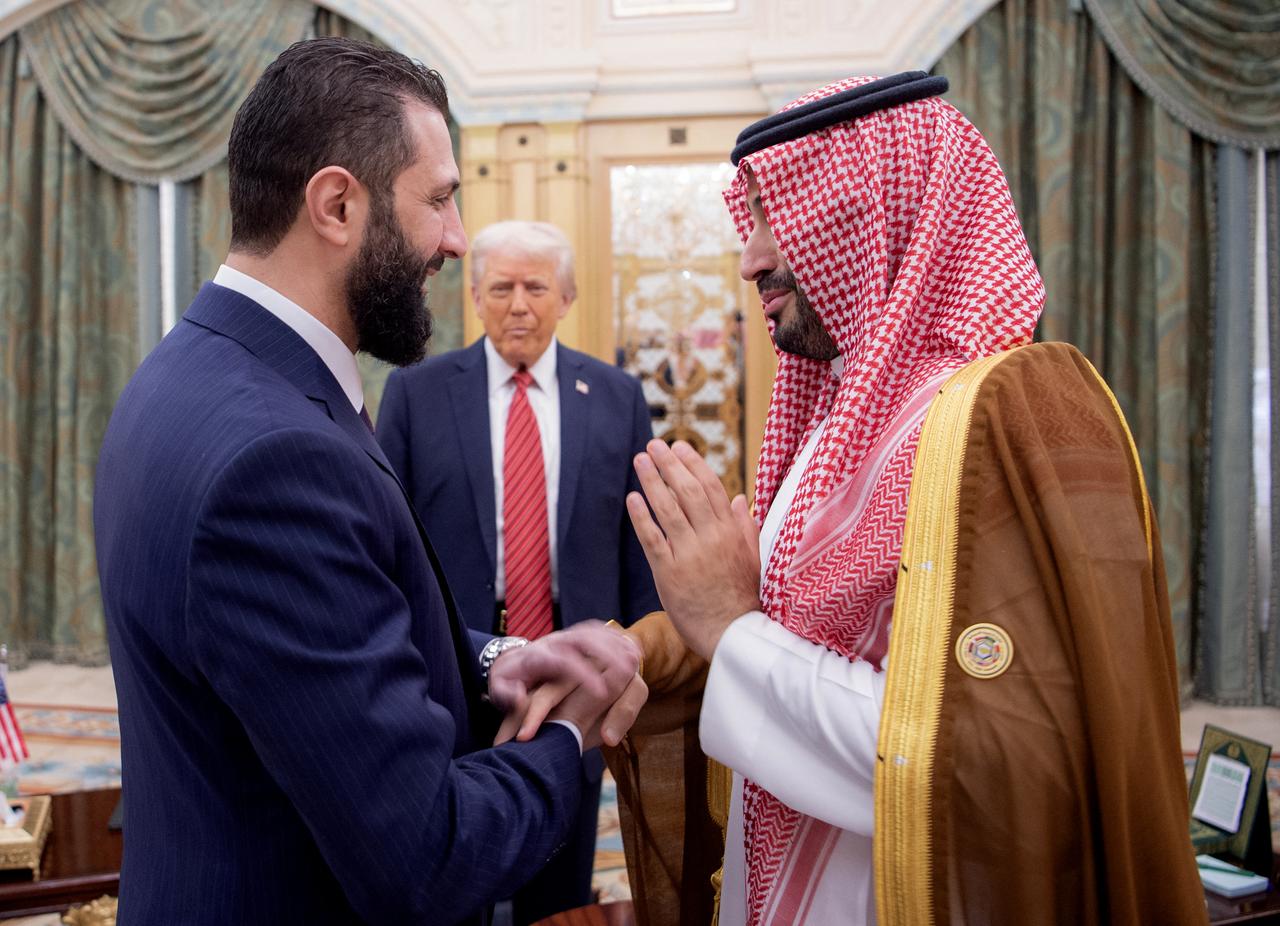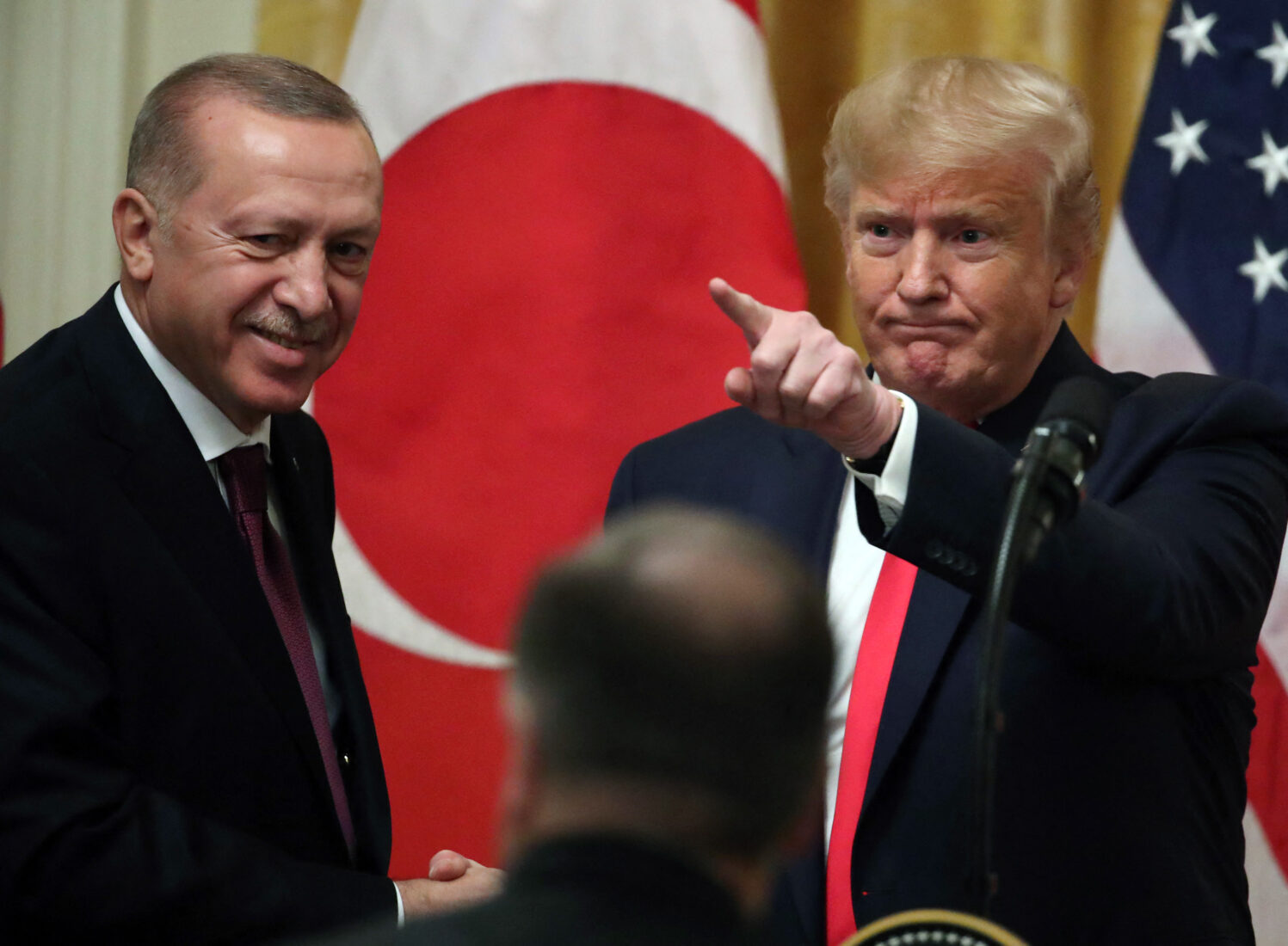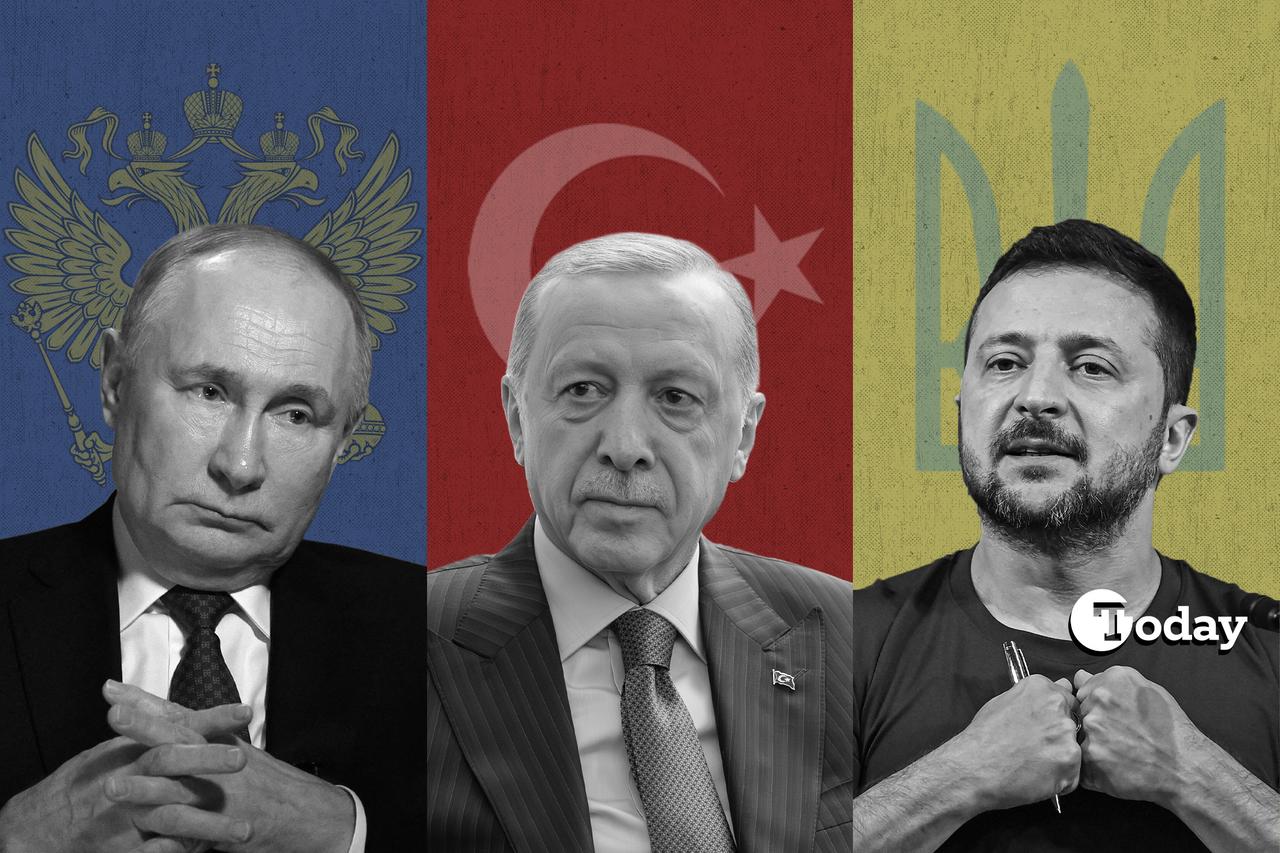
U.S. President Donald Trump’s announcement regarding the lifting of sanctions on Syria following a conversation with President Recep Tayyip Erdogan has made waves globally. Erdogan’s involvement in both the Riyadh and Ukraine diplomatic tracks has drawn particular attention, especially from Israeli media, where concerns have surfaced over Israel’s perceived exclusion.
All eyes are currently on the Middle East. Trump’s tour of the Gulf and the decisions he has made along the way have dominated headlines. After visits to Saudi Arabia and Qatar, the U.S. president arrived in the United Arab Emirates, describing the trip as “record-breaking” in terms of economic agreements.

In a major development, Trump said he decided to lift all U.S. sanctions on Syria after speaking with Erdogan. “I just spoke to my friend in Turkiye. I believe Syria now has a real opportunity,” he said. “We’re lifting all sanctions. This is going to be very good.” The announcement drew global attention.

A high-level summit in Riyadh also marked a key moment during Trump’s Gulf tour. Trump met with Saudi Crown Prince Mohammed bin Salman and Syrian President Ahmad al-Sharaa. President Erdogan joined the meeting by phone.
While the agenda included issues such as Gaza, Iran, and Ukraine, the core focus was economic cooperation and defense deals. The Riyadh summit was part of a broader strategic alignment in which Türkiye played an active role.

Erdogan’s visible presence on multiple diplomatic fronts has triggered criticism in Israeli media. Commentators pointed to Türkiye’s rising influence and questioned why Israel appeared to be left out of recent negotiations.
The Israeli newspaper Maariv emphasized the deep concern within Israeli policy circles. Middle East expert Dr. Yoram Baram said, “Trump met with al-Jolani in direct opposition to the position of the Israeli Prime Minister. A complete 180-degree reversal. This is bad news,” he said. “But the bigger problem is Trump’s explicit preference: he said with his own mouth that he favors Türkiye’s stance over Israel’s. This isn’t just about Syria—it’s a principle. Türkiye before Israel. That’s a very serious problem. And it doesn’t matter which government is in power—this is extraordinarily dangerous.”
Baram also noted the significance of Saudi involvement: “The Saudis were behind this meeting. It took place in Saudi Arabia, and without a strong push from the Saudis, it wouldn’t have happened. They want to invest heavily in Syria’s reconstruction for strategic reasons: to gain influence in Damascus against Iran, Shiite Iraq, Hezbollah, and the Muslim Brotherhood, whom the Saudis view as enemies. At the same time, they consider Erdogan’s Türkiye a dangerous regional rival. Influence in Damascus could serve to limit Erdogan’s reach in Syria.”
Another major outlet, Israel Hayom, said Israel had been effectively sidelined. “Yesterday’s meeting took place under the mediation of what are now the Middle East’s two most powerful players—Saudi Arabia and Türkiye,” it said. “These two countries are now the ones moving the pieces on the regional chessboard. Israel has been left out, like a child discovering they’ve been removed from the class WhatsApp group.”

Further solidifying Türkiye’s diplomatic clout, Istanbul is set to host peace talks between Ukraine and Russia. Trump had expressed a desire to attend the talks, but later announced he would not be present.
As Erdogan’s role in both regional and global diplomacy grows, so do the responses—admiration from some, discomfort from others. What’s clear is that Türkiye is now firmly at the center of several high-stakes international negotiations.